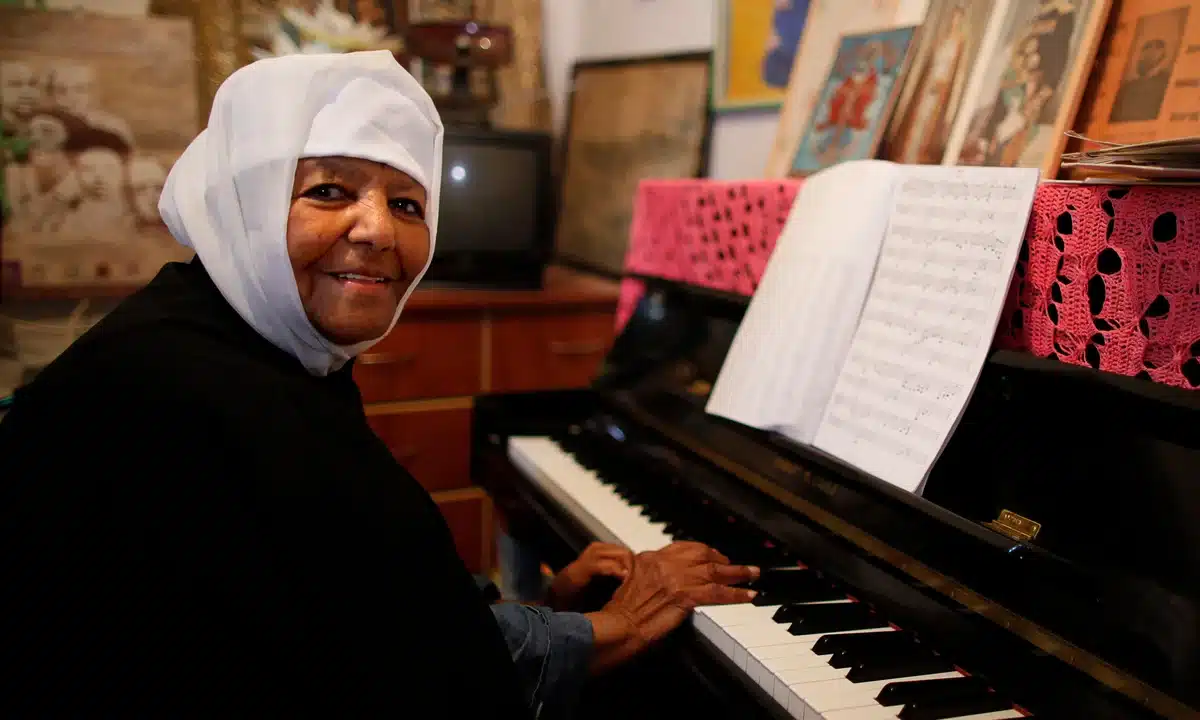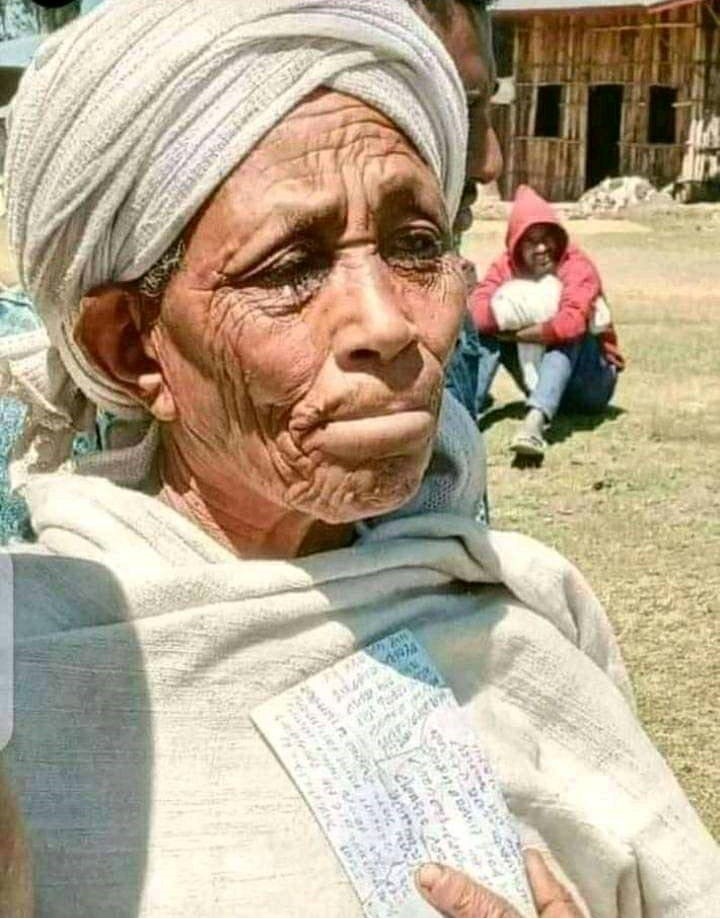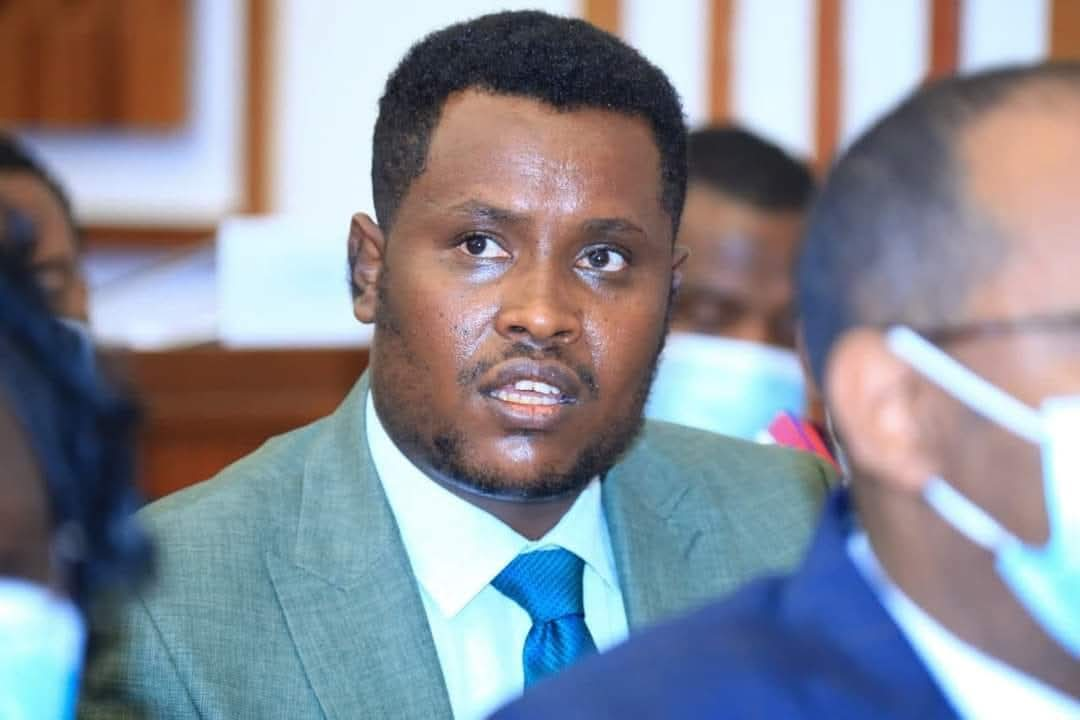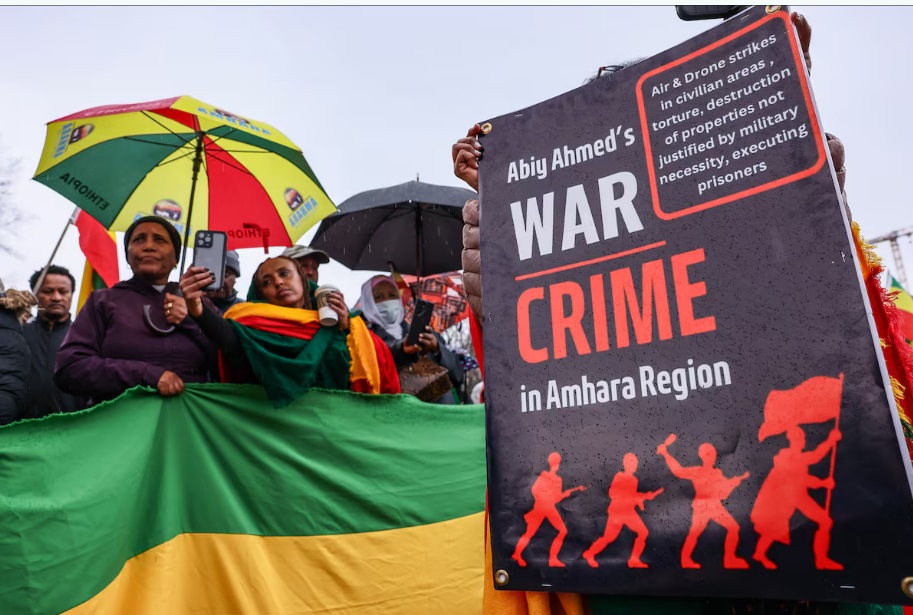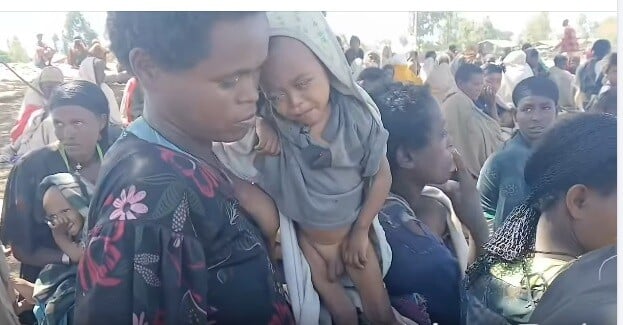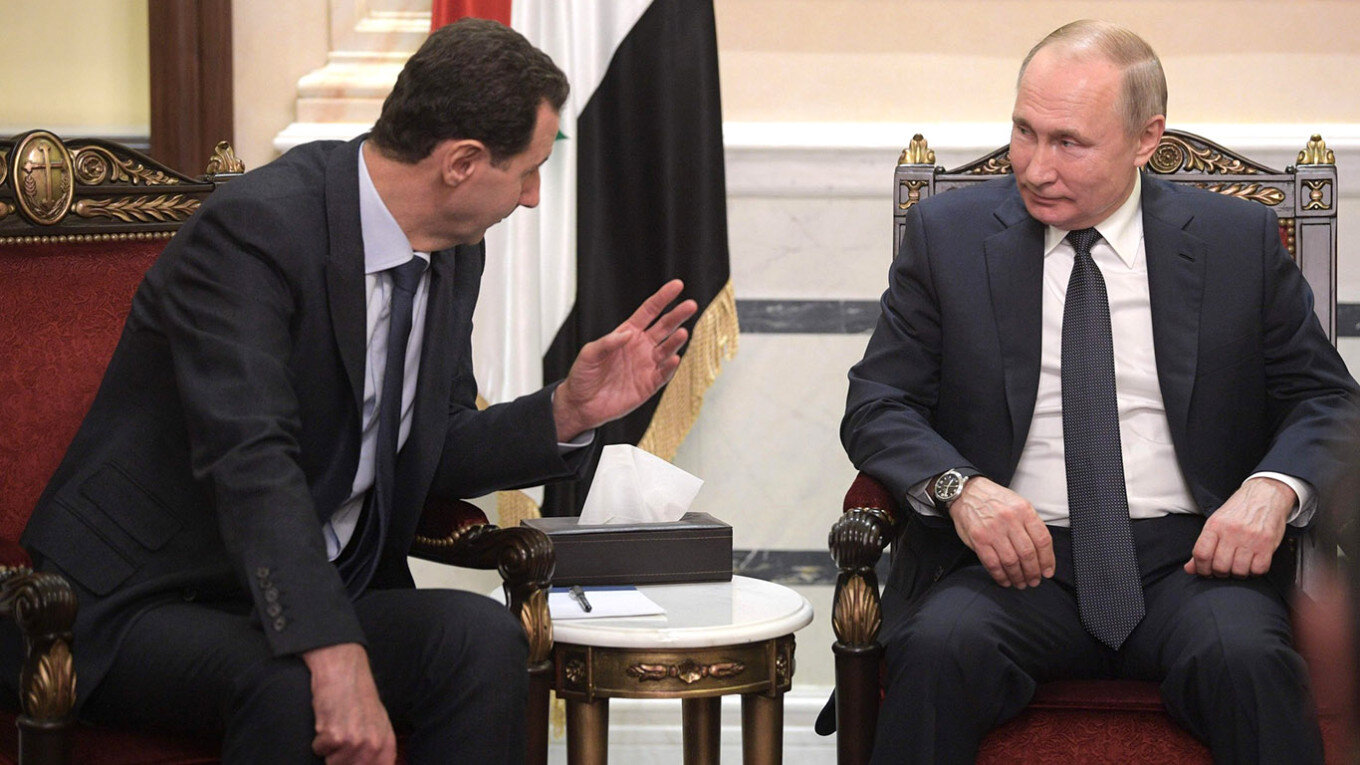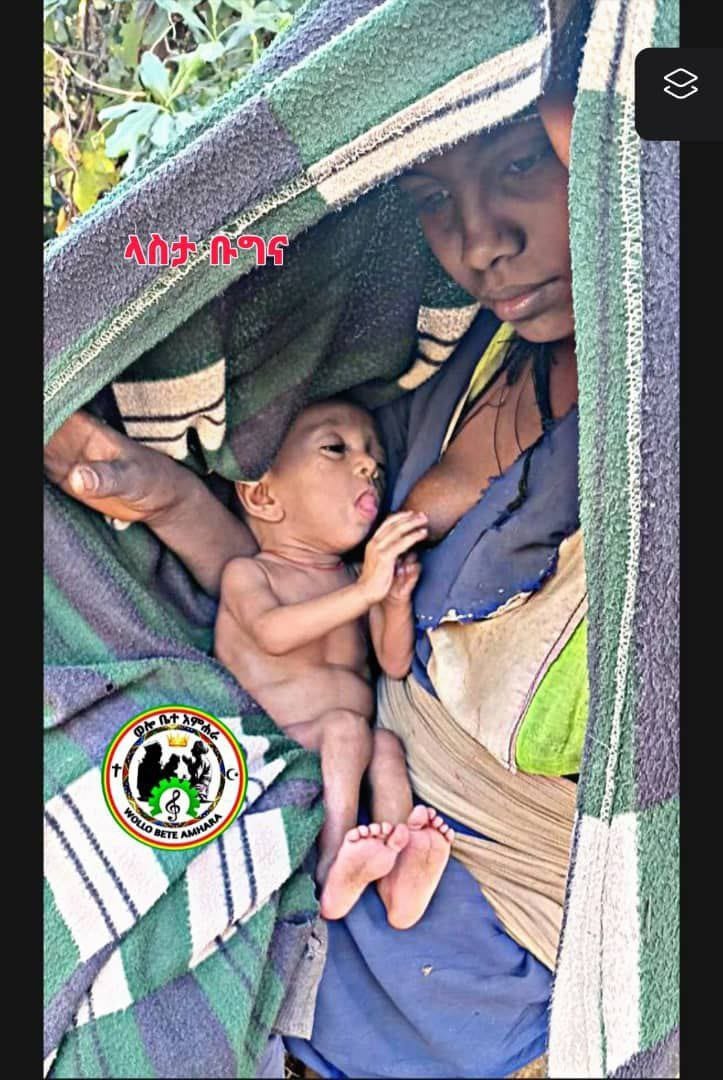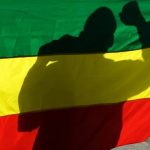Jason Burke
Thu 9 Sep 2021

Rebel forces in northern Ethiopia have been accused of killing more than a hundred civilians during fierce battles.
Local government officials said the massacre in a village 6 miles (10km) from the town of Dabat took place just over a week ago and was perpetrated by fighters loyal to the Tigray People’s Liberation Front.
A TPLF spokesperson rejected what he called a “fabricated allegation” and called for an independent investigation.
Since war broke out between the government of Tigray province and federal forces in November, there have been multiple accusations of atrocities, with many well-documented mass killings. The vast majority have been attributed to federal Ethiopian forces or their Eritrean allies.
More recently, however, Tigrayan fighters have been accused of bombarding a religious site and looting health centres and schools, as well as killing civilians.
Tigrayan forces began their advance after federal forces withdrew in June from Mekelle, the capital of Tigray region and a stronghold of the rebels. Fighting spread in July into the neighbouring regions of Amhara and Afar, also in Ethiopia’s north. Tens of thousands of people have fled the renewed fighting. The Tigray forces say their offensive is an attempt to break the months-long blockade of their region of 6 million people.
Chalachew Dagnew, a spokesperson for Gondar City authorities in Amhara, said he had visited the burial area in the village where the massacre was alleged to have taken place and had found that children, women and elderly people were among the dead.
He said the killings occurred during the Tigrayan forces’ “short presence” in the area, which had since been recaptured by the Ethiopian federal army.
A second local administrator told Reuters news agency that the bodies of 120 “innocent farmers” had been found but the number of victims was likely to rise.
With access to the battlefields extremely limited and many reports unreliable, verification of the allegations of atrocities is difficult.
In the 10 months since the Ethiopian prime minister, Abiy Ahmed, sent troops into Tigray on a “law and order operation” after attacks by TPLF forces on federal army camps, thousands of people have been killed and more than 2 million have fled their homes.
Since then, Abiy, a 2019 Nobel peace prize winner, has rejected appeals for talks with Tigrayan leaders, only declaring a unilateral ceasefire that soon collapsed.
Amid the conflict, relations between the ethnic Amharas and Tigrayans have deteriorated sharply.
Regional forces and militias from the Amhara region have sought to settle a decades-old land dispute with Tigrayans. One of the first reports of atrocities in the conflict involved an attack on Amharan civilians by militia linked to the TPLF. This was followed by a second wave of revenge killings by Amharans on ethnic Tigrayans.
In the early months of the war, Amhara militias seized control of western parts of Tigray and drove tens of thousands of Tigrayans from their homes. When federal forces began to retreat, the TPLF’s forces seized back most of the Tigray region, but they are still fighting for one heavily militarised and contested area.
The conflict has caused a grave humanitarian crisis, with 400,000 people already suffering famine conditions. There is only one road into Tigray that the UN and aid groups can currently use, and logistical and bureaucratic obstacles make passage extremely difficult, officials have reported.
The Ethiopian government has repeatedly denied allegations by the UN and western governments that it is deliberately impeding the delivery of lifesaving assistance, and has accused the TPLF of exploiting the crisis.
The US government’s humanitarian agency said last week that Tigrayan forces had in recent weeks looted its warehouses in parts of Amhara.
“We do have proof that several of our warehouses have been looted and completely emptied in the areas, particularly in Amhara, where TPLF soldiers have gone into,” the director, Sean Jones, told state broadcaster EBC in a televised interview.
Getachew Reda, the Tigrayan forces’ spokesperson, responded on Twitter to the agency’s statement on looting.
“While we cannot vouch for every unacceptable behaviour of off-grid fighters in such matters, we have evidence that such looting is mainly orchestrated by local individuals and groups,” Getachew wrote.


